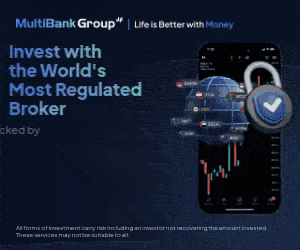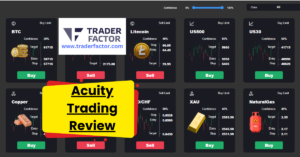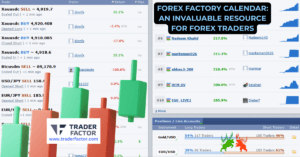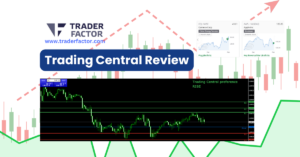What is equity in forex trading? The forex market can be a daunting task, especially if you’re just starting out and don’t know what to expect.
That’s why understanding equity is so important for aspiring traders since it helps them make informed decisions about their trades and maximize potential profit opportunities!
Equity in foreign exchange involves more than money; it also comprises of the risk elements associated with each transaction entered into. In this blog post we will look at how knowing your equation between risks versus rewards can help you become successful in trading currency markets.
So get ready – by learning all there is to know about equity balance, you’ll soon be on track towards achieving optimal gains from Forex investments!
Table of Contents
ToggleImportance of Equity Trading
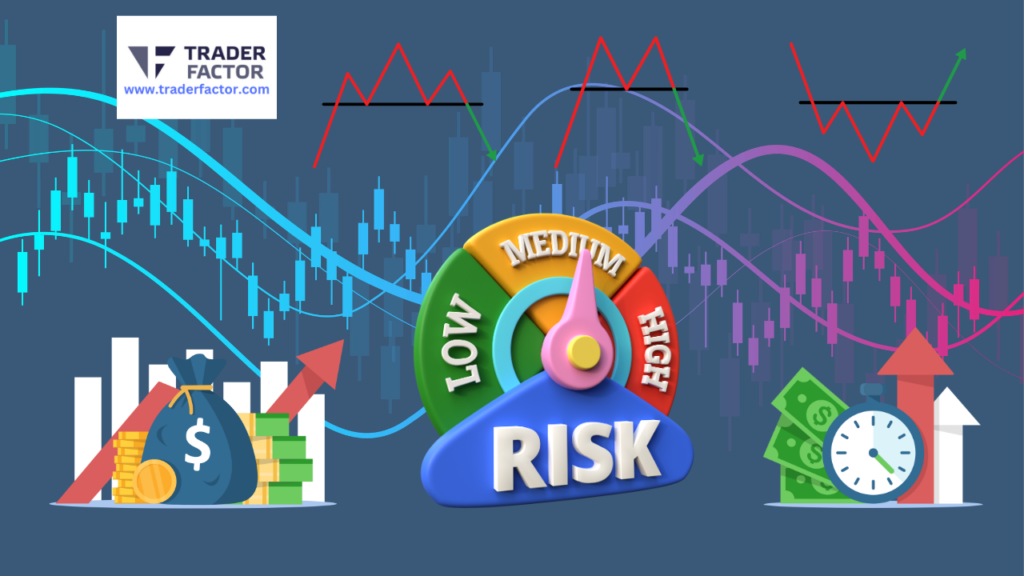
Forex trading is vastly different than most investments and requires a delicate balance of resources in order to be successful.
Equity – the value of your forex account, determined by subtracting losses from gains is paramount as it serves two major purposes:
Firstly, it determines buying power; secondly, understanding equity allows traders to track their positions and make judicious decisions about upcoming trades.

Capital Raising
Equity trading provides companies with a platform to grow their business and raise capital from investors.
Through equity trading, businesses can access a large range of potential financiers allowing them to broaden the scope of investments in their stocks and increase market visibility for future growth opportunities.
Investment Opportunities
By trading in equities, investors can participate in the growth of various industries and sectors, which can provide long-term capital appreciation and income. Additionally, equity trading allows investors to diversify their portfolios, reducing their exposure to risk and increasing the potential for higher returns.
Liquidity
A liquid market for investors to buy and sell publicly traded company shares is an ideal condition provided by equity trading. This liquidity is important for investors who need to sell their shares quickly, as it ensures that there will always be a buyer.
Liquidity also makes it easier for investors to enter and exit the market, making equity trading more accessible to a broader range of investors.

Price Discovery
Equity trading plays a crucial role in price discovery, determining a security’s fair market value. As stocks are bought and sold in the market, the price of a stock is determined by supply and demand. This price discovery process helps investors make informed investment decisions and ensures that the market operates efficiently.
Economic Indicator
As companies issue shares, the demand for their stocks can be an indicator of the economy’s overall health. A strong demand for shares may indicate that investors have confidence in the economy and are willing to invest in it.
On the other hand, a weak demand for shares may suggest that investors are cautious about the economy’s prospects. Additionally, changes in stock prices can reflect changes in the economy, such as changes in interest rates, inflation, or corporate earnings.
Negative Equity in Forex and How to Avoid It
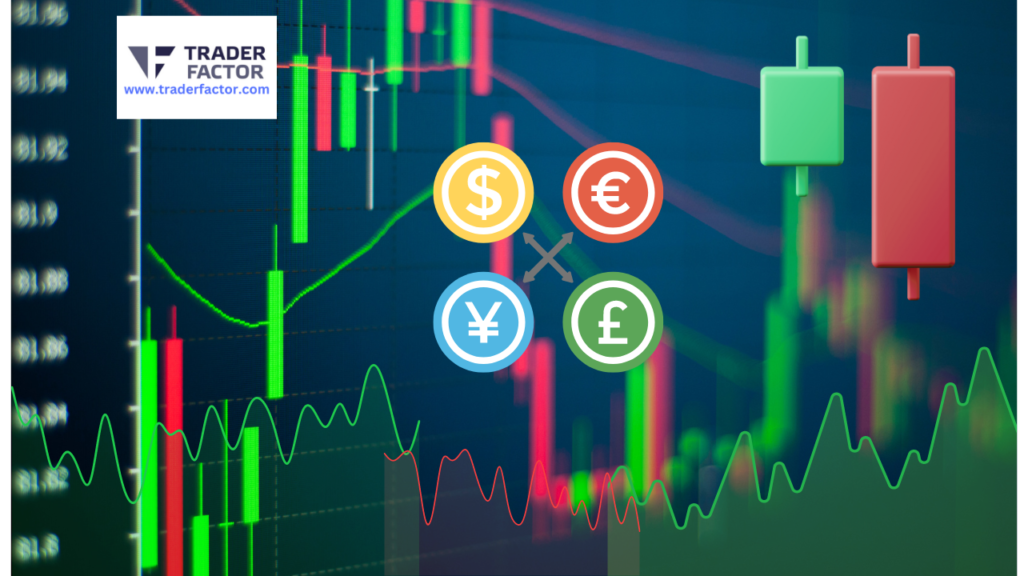
Negative equity occurs when the equity balance in your Forex account falls below zero, meaning that you owe your broker money rather than having money to make trades. This can happen when a trade goes against you.
Hence, incurring losses beyond the free margin in your account. If this were to occur, the broker has the right to liquidate your position, leaving you with a hefty margin call.
To avoid negative equity, taking some precautions besides having a solid understanding of the markets is important. Here are some key ways to avoid a negative equity account and ensure successful forex trading.

1. Proper Risk Management
Forex risk management involves developing a strategy to minimize potential losses. It can only be done properly by understanding the risks associated with each trade. This involves taking steps to mitigate the risk of loss by setting stop-loss orders and carefully managing position sizes. A good risk management strategy will also involve diversifying investments across multiple asset classes, thereby reducing the impact of a single investment on the overall portfolio.
2. Adequate Margin
Margin is the amount of money an investor is required to deposit with their broker to open trades and maintain a position. The margin is essential in avoiding negative equity and varies depending on the asset being traded and the broker’s policies. By maintaining adequate margins, investors can ensure they have sufficient funds to cover any losses and avoid negative equity.
3. Regular Monitoring
Monitoring positions regularly is an essential part of risk management. It involves keeping an eye on market trends and identifying any changes that could impact your investments’ floating profits or losses. Regular monitoring enables investors to make informed decisions about when to exit a position, cut losses, or adjust their strategy.

4. Avoiding High Volatility Events
Events, such as major news announcements or economic data releases, can cause sudden and significant movements in the market. These events can be difficult to predict, making them particularly risky for traders. To avoid negative equity, it is important to avoid a floating loss during high volatility events or to use risk management strategies to minimize potential losses.
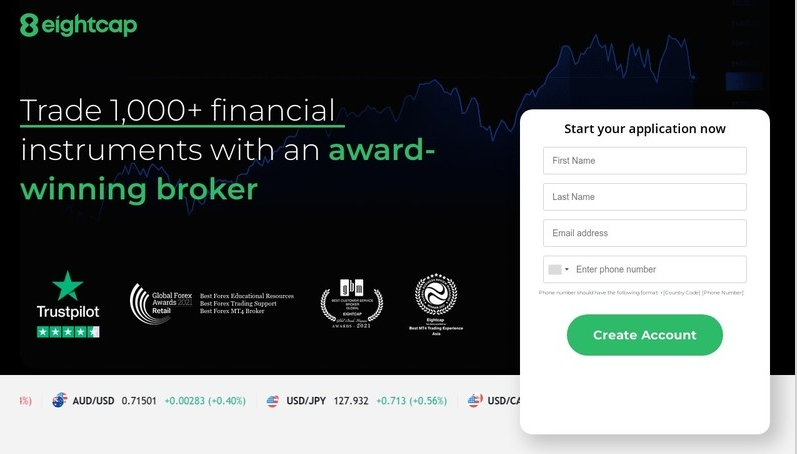
5. Trading with a Reputable Broker
Finally, trading with a reputable broker is crucial for avoiding negative equity. A good broker will have strict risk management policies in place, ensuring that investors do not engage in trades that exceed their margin requirements. A reputable broker will also provide educational resources and tools to help investors understand the risks associated with trading and how to manage them effectively. By working with a trustworthy broker as an independent financial advisor, an investor can ensure the investments are safe and protected from negative equity.
Strategies for Effective Forex Equity Management
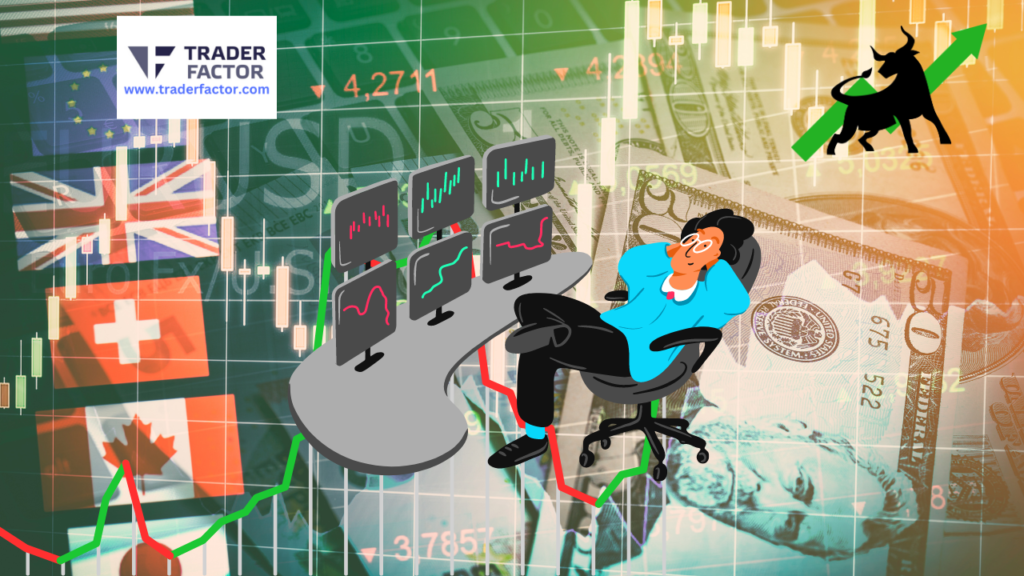
Forex equity management is a vital aspect of forex trading that involves managing and preserving the equity in a forex trading account. Effective forex equity management can help traders to achieve their trading goals, minimize losses, and maximize profits.
Here are some strategies for effective forex equity management:
Proper Risk Management
This strategy involves balancing between the potential rewards of a trade and the potential risks. Forex trading carries a high level of risk, so traders must be proactive in managing these risks. This includes setting stop-loss orders, diversifying the portfolio, and knowing when to cut losses on trades to avoid significant losses.

Adequate Margin
Traders should ensure that they have adequate margins to support their trades. Margin is the amount of money required to open a trading position, and traders should maintain sufficient margin to avoid being stopped from their trades prematurely.
Diversification
Diversification is a strategy that involves spreading risk across different assets, instruments, or markets. Forex traders can diversify their portfolios by trading in different currency pairs or by investing in other asset classes such as stocks, commodities, or cryptocurrencies.
Regular Monitoring
Forex markets can change rapidly, and regular monitoring is necessary to make informed decisions and adjust strategies accordingly. Regular monitoring allows traders to identify potential risks and opportunities and adapt their trading strategies accordingly.

Use of Trailing Stops
Trailing stops are orders that allow traders to lock in profits as the trade moves in their favor. This protects traders from sudden price reversals, allowing them to benefit from favorable market conditions and minimize potential losses.
Setting Profit Targets
Setting profit targets is an essential aspect of forex equity management. Traders should set realistic profit loss targets based on their trading strategies and risk tolerance. Profit targets help traders to take profits at predetermined levels and avoid getting caught up in the emotion of the market.

Keeping Emotions in Check
Emotions can drive irrational decisions that lead to negative equity. Traders must develop the emotional discipline to stick to their trading plan and avoid reacting impulsively to market fluctuations. This includes staying calm and focused, analyzing the market objectively, and making informed trading decisions.
How to Manage Equity Drawdown in Forex Trading
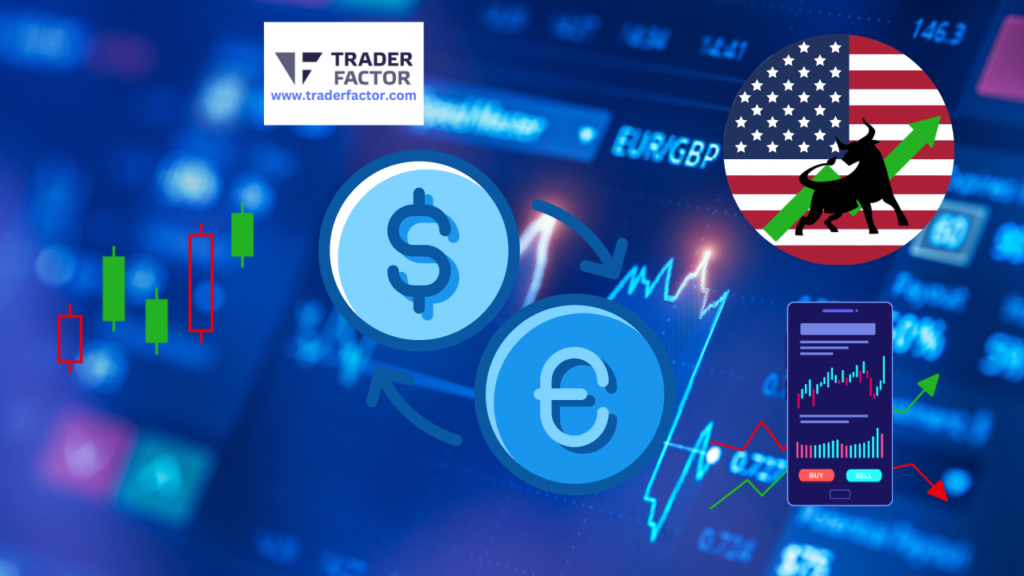
In forex trading, drawdown refers to the peak-to-trough decline when a trading account experiences a negative return. Equity drawdown is an important concept in forex trading because it helps traders understand the risks associated with their trading activities.
When a trader experiences a drawdown, their account balance decreases from its highest point. The drawdown can occur due to several reasons, including when the market moves against the trader’s position or due to an unsuccessful trade. The size of the drawdown is measured by the percentage of the trading balance that has decreased from its highest point.
Hence, in forex trading, high drawdowns can be dangerous because the trader must make significant returns to recover the lost equity. High drawdowns can also lead to psychological stress, causing traders to make poor trading decisions and exacerbate losses.

To manage drawdowns, traders should have a solid risk management plan that includes a variety of strategies. Let us walk through some of the key strategies.
Use of trailing stops
The use of trailing stops is an effective way to manage equity drawdowns in forex trading. A trailing stop is a type of stop-loss order that automatically adjusts based on market conditions. As the market moves in the trader’s favor, the trailing stop will adjust upwards, allowing the trader to lock in profits and minimize potential losses.
For example, suppose a trader enters a long position on a currency pair at 1.2500 and sets a trailing stop of 50 pips. As the currency pair moves in their favor, the trailing stop will adjust upwards by 50 pips. If the currency pair retraces by 50 pips, the trailing stop will trigger, closing the trade and locking in profits.

Set Stop-loss Orders
Stop-loss orders are an effective way to manage drawdowns. By setting reasonable stop-loss orders, a trader can limit their potential losses and exit a trade when the market moves against their position.
Manage Position Sizes
It’s essential to manage position sizes to avoid high-risk trades. By limiting the size of each position, traders can ensure they have enough capital to withstand losses and avoid significant drawdowns. A good practice is to not risk more than 1% of the trading account on any one trade.
Avoid Over-leveraging
Over-leveraging is a major risk in forex trading, leading to significant losses and exacerbating drawdowns. To avoid this, traders should ensure they are trading with reasonable leverage levels that they can manage. Traders should use reasonable levels of leverage to avoid over-exposure. A leverage level of 1:100 or less is suitable for most traders.

Diversify Trading Activities
Diversifying trading activities can help limit risks and reduce the impact of drawdowns. By trading in different instruments and currencies, traders can avoid significant losses on any one trade. Additionally, by not putting all their capital in a single trade, traders can avoid over-leveraging and limit their exposure to any currency pair.
Keeping Emotions in Check
Fear, greed, and other emotions can lead to poor trading decisions, increasing the risk of drawdowns. Effective management of emotions, staying calm and focused, and trading based on analysis rather than emotions can help manage drawdowns effectively.
Regular Monitoring
Regular monitoring is essential in forex trading to mitigate risks and improve trading performance. Monitoring, in this case, involves tracking market conditions, adjusting trading open positions, and analyzing trades. By regularly reviewing trading, traders can make informed decisions and capitalize on favorable market conditions.

Taking Trading Break
Taking a break from forex trading is a strategy that helps traders manage the risks of fatigue and burnout. Trading forex involves long hours and can be mentally draining. Therefore, traders need to take breaks to relax and recharge.
Trading with a clear and relaxed mind increases focus, improves decision-making, and minimizes the risk of poor trading decisions due to exhaustion. Traders can take breaks in various ways, including taking a day or two off from trading, reducing trading hours, and engaging in other activities outside trading.
Impact of Equity on Forex Trading Decisions

In Forex trading, equity plays a significant role in making trading decisions. Equity is a measure of your overall financial health in the market and is a crucial factor in determining your potential risks and rewards.
Risk management
As equity increases, it increases traders’ buying power or margin to make larger trades. However, as equity decreases, traders must be cautious as it can reduce their buying power, increasing the likelihood of margin calls, and limit their ability to take positions. Equity should always be carefully monitored, and risk management strategies should be implemented to protect capital and prevent significant losses.
Emotions
Emotions also play a role in Forex trading decisions, and equity can significantly impact a trader’s emotions while trading. Low equity levels can increase anxiety, fear, and panic, leading to impulsive decisions that can result in significant losses. On the other hand, high equity levels can lead to overconfidence and carelessness. Traders must maintain balance and use risk management strategies to manage their emotions and trading decisions.

Forex Trading Strategies
Trading strategies should be designed based on individual equity levels. Traders with high equity levels can take risks such as trading with higher leverage and taking more significant positions, while those with low equity must use conservative trading strategies.
Profits
Profit targets are crucial in Forex trading to determine when to close a trade and take profits. Equity levels play a significant role in setting realistic profit targets and managing risk. Traders should aim to achieve consistent profits rather than making high-risk trades that can lead to significant losses.
Therefore, it is essential to maintain balance while using equity in Forex trading decisions. Traders should be aware of their overall financial health, analyze market trends, and use risk management strategies to protect their capital and maintain a level head during trading.
Application of Equity In Forex

Gain a better understanding of equity in Forex trading through easy-to-follow examples. By observing the terminal window on the MetaTrader 4 platform with active positions, you can see how the balance changes only when the trader closes their position.
The profit/loss is then added to or deducted from the initial balance, producing a new result on the terminal window.
Let’s take a look at a calculation example to get a better grasp of equity in trading.
Using the formula Margin = (trade volume x price of asset) / leverage, you can calculate the margin for a specific trade volume and leverage.

For instance, with 5,000 Euro in an account, trading the EUR/USD currency pair through a 30:1 leverage, and with a 1 Mini-Lot volume, the margin equals €380.00.
If the trade then moves 100 pips in your favor, your floating profit would be €87.72, bringing your total equity to €5,087.72 (initial €5,000 plus €87.72).
The free margin is equity minus margin, which would be €4,707.72. The margin level is then calculated by dividing the total equity by the margin and multiplying it by 100, producing a margin level of 1,338.87%.
FAQ on Forex Equity
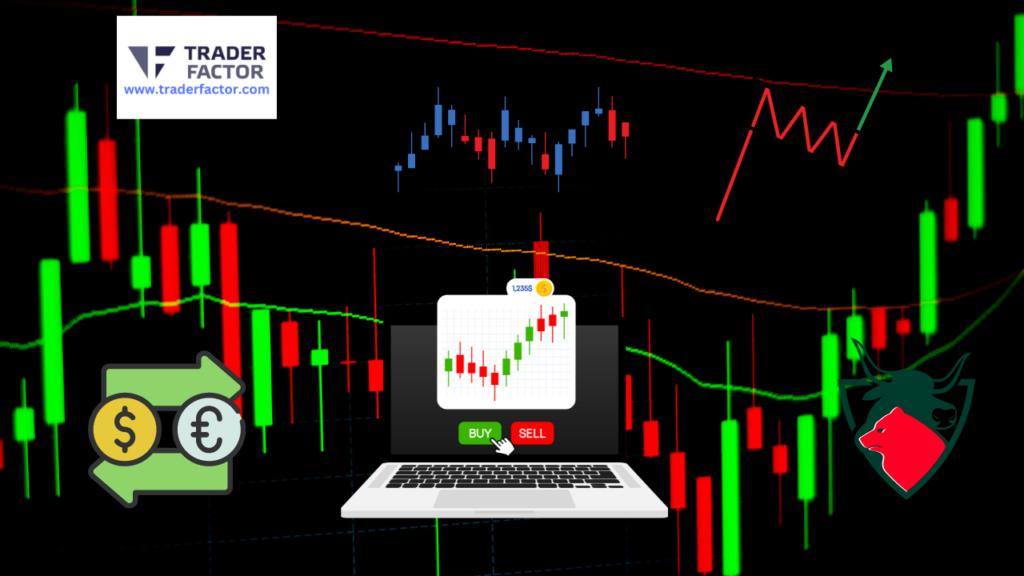
How Do I Calculate Equity In Forex Trading?
To calculate equity in Forex trading, subtract your total losses from your total account balance. This will give you the amount of money you would have left if you closed all your trades at that moment.
What Is The Difference Between Equity And Balance In Forex Trading?
The balance in forex trading is the total amount of money in your trading account, while the equity is the total amount of money you’d have left if you closed positions. Equity includes profits, losses, and open positions.
How Do I Use Equity In Forex Trading?
You can use equity in Forex trading to determine your available margin and your trading power. This helps you manage risk and potentially maximize profits.

What Are The Benefits Of Equity In Forex Trading?
The main benefit of equity in Forex trading is that it allows you to manage your risk and prevent losses. This potentially increases profits through the effective use of margin and trading strategies. Equity also gives you an idea of your financial health in the market.
What Are The Risks Of Equity In Forex Trading?
The main risk of equity in Forex trading is that it can fluctuate rapidly due to market movements and can result in significant losses. Failure to manage risk properly can also lead to margin calls, account liquidation, and losing all of your investment.
How Can I Manage Equity In Forex Trading?
To manage equity in Forex trading, you can use risk management tools such as stop-loss orders, position sizing, and portfolio diversification. It’s also important to continuously monitor and analyze your trades to make informed decisions and adjust your strategies accordingly.

Conclusion
Equity trading is a crucial component of the financial markets and plays a critical role in capital raising, investment opportunities, liquidity, price discovery, and economic indicators. Negative equity leads to a situation where they owe the broker more money than they have in their account.
Proper risk management is a crucial element in preventing negative equity in trading. This involves taking steps to mitigate the risk of loss through diversification, setting stop-loss orders, and carefully managing position sizes. Learn more about other forex risks and management strategies at Traderfactor.

Disclaimer:
All information has been prepared by TraderFactor or partners. The information does not contain a record of TraderFactor or partner’s prices or an offer of or solicitation for a transaction in any financial instrument. No representation or warranty is given as to the accuracy or completeness of this information. Any material provided does not have regard to the specific investment objective and financial situation of any person who may read it. Past performance is not a reliable indicator of future performance.




